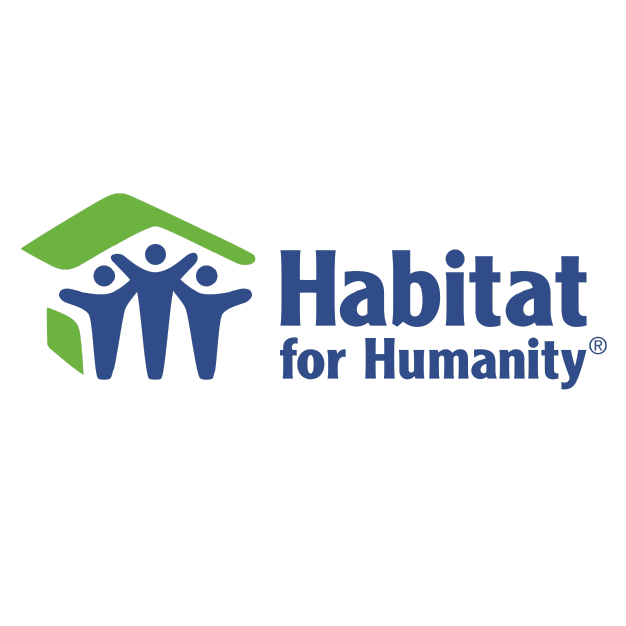Community Science designed the evaluation of Habitat for Humanity International (HFHI)’s pilot of its Quality of Life (QLF) framework. This framework guides the neighborhood revitalization activities of coalition partners in 10 communities, each working to foster social capital and collective action to improve the neighborhood residents’ economic security and well-being.
The study was designed to assess how Learning Cohort–Neighborhood Revitalization (LC-NR) coalitions are implementing the QLF approach, conduct an outcomes evaluation of their work, and build evaluation capacity of the coalitions to collect and reflect on data to evolve their implementation strategies. To answer priority evaluation questions, a cross-case study design was implemented to draw upon data collected through a longitudinal resident survey and neighborhood block and parcel observations over time, secondary data, coalition capacity assessments, and site visits. These collection methods will provide quantitative and qualitative data to assess how coalitions’ capacity to implement the approach changed; whether Habitat’s technical assistance was effective in supporting their implementation, and whether foundational and sector outcomes improved in coalition neighborhoods.
In addition to designing the evaluation, Community Science provided evaluation capacity building assistance to community coalitions responsible for administering the baseline surveys, completed other baseline data collection activities, and provided HFHI with insights to shape pilot implementation based on baseline findings. 00555

